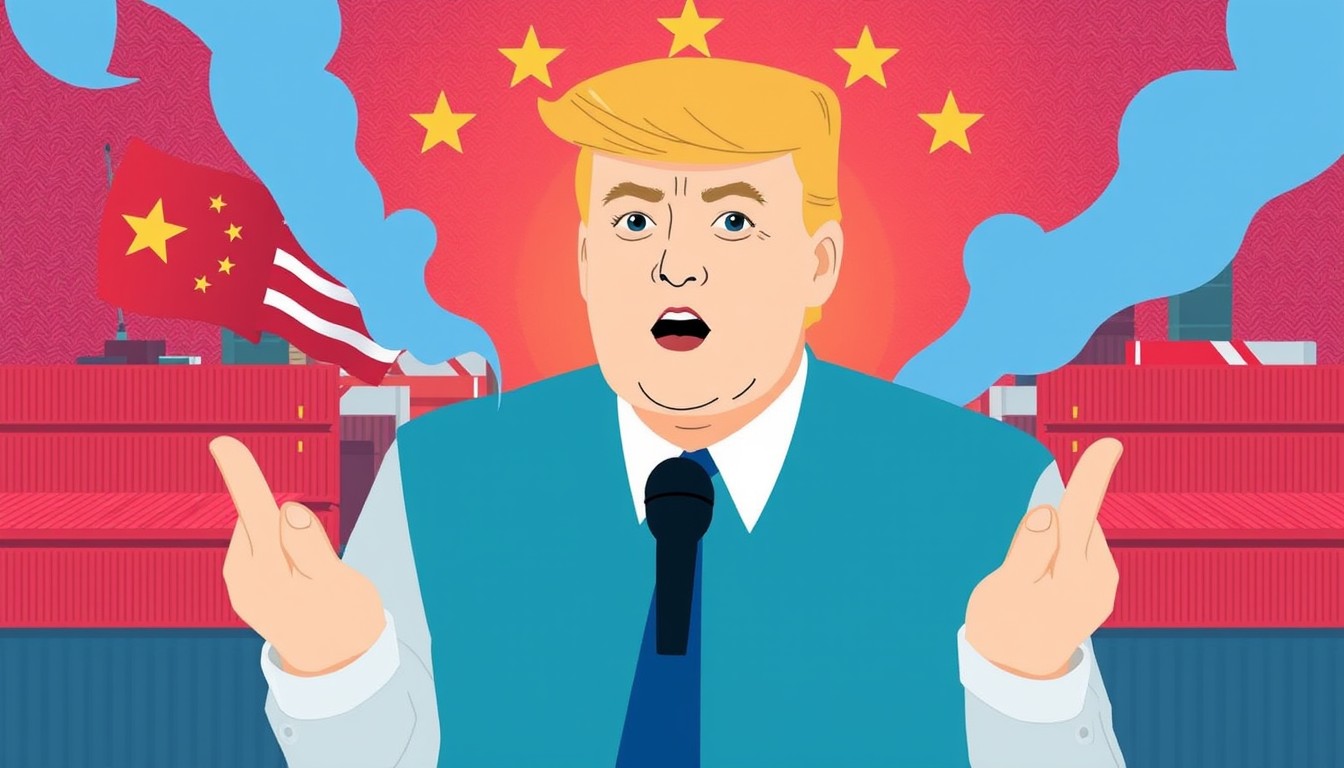Trump's Tariff on China Could Hurt Korea's Exports, Central Bank Report Says

A recent report from the Bank of Korea warns that potential tariffs that could be imposed by Donald Trump on Chinese goods would have a serious impact on Korea's export economy. The document states that restoring tariffs at a level of 25% could lead to significant losses for Korean manufacturers and the economy as a whole.
According to experts from the central bank, such actions from the U.S. could trigger a chain reaction in global supply chains that heavily rely on Chinese manufacturers. This could negatively affect export volumes, especially in sectors where Korean companies depend on materials and components supplied from China.
The study underscores the importance of stable economic relations between South Korea and China. If tariffs are implemented, Korea may face increased production costs, thereby reducing its competitiveness in international markets.
The report also notes that tariffs could lead to a range of additional problems, including a slowdown in trade and rising prices for the end consumer in Korea. These changes are expected to impact various sectors of the economy, including electronics, automotive manufacturing, and high-tech industries.
However, there are also positive aspects: some local companies may benefit from the situation by being able to replace Chinese goods and capture market share. Researchers and economists are still actively exploring the potential for such changes and responding to new challenges in trade relations.
In conclusion, while Donald Trump has not yet announced any specific measures, the Bank of Korea urges caution and attention to international trade operations. Uncertainty in U.S. trade policy could significantly affect Korea's economic stability and growth.




